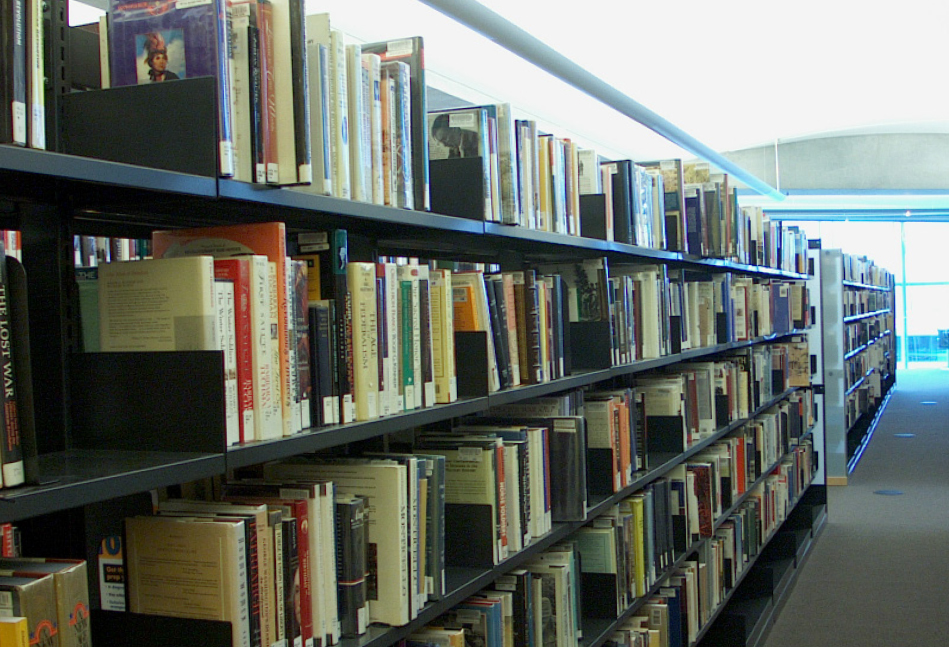Dear Reader,
While Philadelphia is in many ways a thriving, vibrant city, education opportunities are not equally accessible to all of our children. More than half (51%) of Philadelphia’s 13,855 public school third-graders cannot read at grade level, and more than 500,000 adults have low literacy skills, preventing them from even completing a job application.
The Philadelphia Social Innovations Journal (PSIJ) in partnership with the Philadelphia Public School Notebook is very pleased to publish a special edition on literacy, highlighting the ambitious READ! by 4th Campaign (Ready, Engaged, Able and Determined by 4th Grade). We have joined forces with READ! by 4th Campaign leaders, including the Free Library of Philadelphia, Public Citizens for Children and Youth, the Urban Affairs Coalition, the School District of Philadelphia, and the Mayor’s Commission on Literacy, as well as United Way of Greater Philadelphia and Southern New Jersey. This special edition highlights the challenges and opportunities facing Philadelphia education stakeholders, and explores Philadelphia’s best opportunities to ensure that all Philadelphia children can read by fourth grade.
The innovations in literacy issue is particularly personal to us because Tine has a teenage son, Nikolaj, who is severely dyslexic and has been fortunate to go to AIM, a wonderful private school that specializes in educating children with dyslexia and that has been a game-changer in his education trajectory and is also featured in this edition. Nick’s mother has dedicated her life to educating students who do not succeed or are marginalized in traditional educational settings. She has taught the foundations of reading using an evidence-based approach to hundreds of dyslexic children for 40 years. She has personally witnessed the struggles and frustrations students face if they cannot read, as well as the magic that happens in their personalities when they are taught using a modality that works. Nick himself was a slow reader and would most likely not have achieved his success today if he did not have his mother to teach him how to read using this approach outside of the a traditional school setting.
Both of us are well aware that it is hard, if not impossible, for most non-specialized schools to provide the level of intense support and tutoring that is needed for children with literacy-based learning challenges to learn how to read. And because of that, we cofounded the first public school in 2012 that specializes on children with learning challenges, such as dyslexia and dyscalculia, called Education Plus Academy Cyber Charter School. Education Plus Academy’s mission was to create a publically funded model/product that could either be adopted by public schools and districts or put directly into the hands of teachers and parents who are asking for a guide on how to help children with learning disabilities/differences master the foundations of reading. In this edition, you will read about the challenges the literacy campaign will face and how stakeholders and experts are providing innovative solutions to a literacy epidemic that in many ways could cripple the future of Philadelphia. Our specific goal for this edition is to provide hope to the parents of children with literacy challenges, learning differences or disabilities who are struggling with the foundations of reading. There are many models that work for children, and all children are capable of reading. The challenge that schools and districts struggle with is how to take these models and ensure that teachers understand them and then teach them with fidelity. This edition will provide you the reader with the literacy challenges and opportunities and an idea of what is currently being implemented within and outside of schools, with the goal of ensuring that all Philadelphia students can read.
As always, we thank our sponsors, whose support is essential to what we do. We also want to recognize and thank our advisory board members, who represent the Barra Foundation, Bank of America, Claneil Foundation, Green Tree Community Health Foundation, Independence Foundation, Inglis Foundation, Knight Foundation, The Patricia Kind Family Foundation, The Philadelphia Foundation, Public Health Foundation, Public Health Management Corporation, Sage Communications, Scattergood Foundation, St. Christopher’s Foundation for Children, United Way of Greater Philadelphia and Southern New Jersey, and the University of Pennsylvania.
Very truly yours,
Nicholas Torres, Publisher
Tine Hansen-Turton, Publisher



